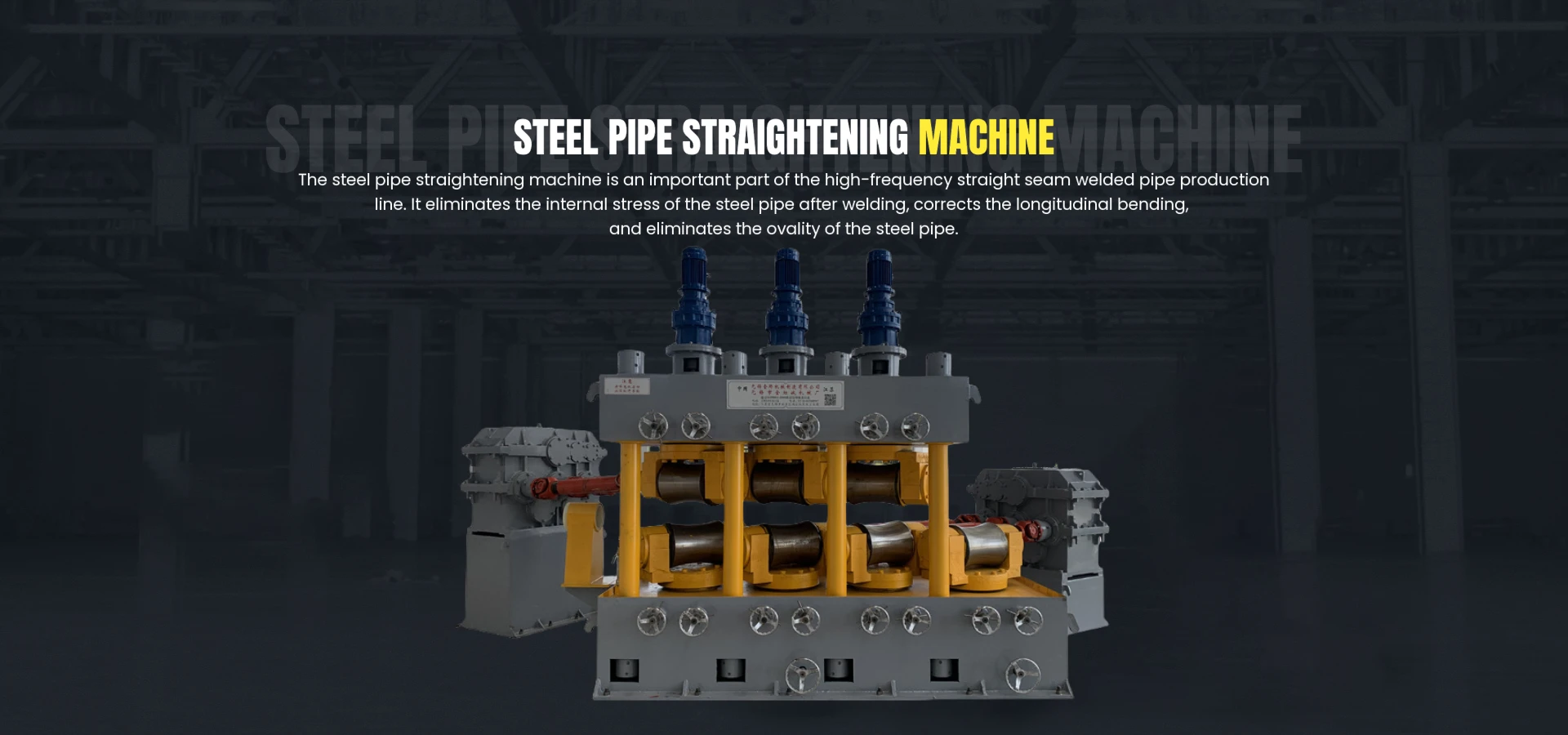metal stud roll former
The Role and Benefits of Metal Stud Roll Formers in Construction
In the construction industry, efficiency and precision are paramount. One of the tools that has revolutionized the way metal framing is produced is the metal stud roll former. This innovative machine streamlines the process of creating metal studs for a variety of building projects, from residential homes to commercial structures. As the demand for lightweight, durable, and fire-resistant materials increases, metal studs have become a popular choice for contractors and builders alike.
What is a Metal Stud Roll Former?
A metal stud roll former is a specialized machine designed to produce metal studs and tracks from flat metal sheets. The process begins with feeding a coil of sheet metal—usually galvanized steel—into the machine. As the metal passes through various sets of rollers, it is shaped and formed into the desired profile. The roll former can create studs in various sizes and thicknesses, catering to different construction requirements.
The engineering behind these machines allows for high-speed production, enabling manufacturers to produce metal studs at a much faster rate than traditional methods. Additionally, the roll forming process ensures uniformity in size and shape, which is crucial for the structural integrity of the final product.
Advantages of Metal Stud Roll Formers
1. Efficiency One of the primary advantages of using a metal stud roll former is its ability to produce large quantities of studs quickly. This efficiency not only helps businesses save on labor costs but also speeds up the overall construction timeline, allowing for projects to be completed ahead of schedule.
metal stud roll former

2. Cost-Effectiveness By reducing material waste through precise cutting and forming processes, roll formers can lower production costs significantly. Additionally, the durability of metal studs means that they require less maintenance over time, translating into long-term savings for builders and homeowners.
3. Customization Metal stud roll formers can be adjusted to create different sizes and designs, making them highly versatile. This customization capability allows builders to meet specific project requirements with ease, ensuring that the final product is tailored effectively to fit the intended use.
4. Sustainability As the construction industry increasingly prioritizes sustainability, metal studs present a great alternative to traditional wood framing. Steel is a recyclable material, and producing studs from metal reduces reliance on timber resources. Furthermore, metal studs are less susceptible to pests and rot, making them a more sustainable choice over the long term.
5. Structural Integrity Metal studs offer superior strength compared to their wooden counterparts. They are less likely to warp or twist, providing a stable framework for walls and ceilings. This strength is particularly important in regions prone to extreme weather, as metal framing can withstand a range of environmental conditions.
Conclusion
The use of metal stud roll formers has transformed the landscape of modern construction. By enhancing efficiency, reducing costs, and allowing for customization, these machines have become indispensable in the production of metal framing. As the demand for robust and sustainable building materials continues to grow, the role of metal stud roll formers will likely expand further, paving the way for innovative construction practices.
In conclusion, investing in metal stud roll forming technology is not just a matter of keeping up with industry standards; it is a strategic decision that can yield significant benefits in terms of time, cost, and quality. Whether you are a contractor seeking reliable materials or a builder looking to streamline your operations, incorporating metal stud roll formers into your workflow can enhance the overall success of your projects.
-
High Frequency Straight Seam Welded Pipe Production Line-BzZhou Xinghua Machinery Equipment Manufacturing Co., LTD.|Precision Welding, High EfficiencyNewsJul.30,2025
-
High Frequency Straight Seam Welded Pipe Production Line|BzZhou Xinghua|Precision Welding&EfficiencyNewsJul.30,2025
-
High Frequency Straight Seam Welded Pipe Production Line - BzZhou Xinghua|Precision Engineering&EfficiencyNewsJul.30,2025
-
High-Frequency Straight Seam Welded Pipe Production Line-BzZhou Xinghua Machinery Equipment Manufacturing Co., LTD.NewsJul.30,2025
-
High-Frequency Straight Seam Welded Pipe Production Line-BzZhou Xinghua Machinery Equipment Manufacturing Co., LTD.|Precision Manufacturing, High EfficiencyNewsJul.30,2025
-
High Frequency Straight Seam Welded Pipe Production Line-BzZhou Xinghua Machinery Equipment Manufacturing Co., LTD.|Precision Steel Pipe Manufacturing&Industrial EfficiencyNewsJul.29,2025


